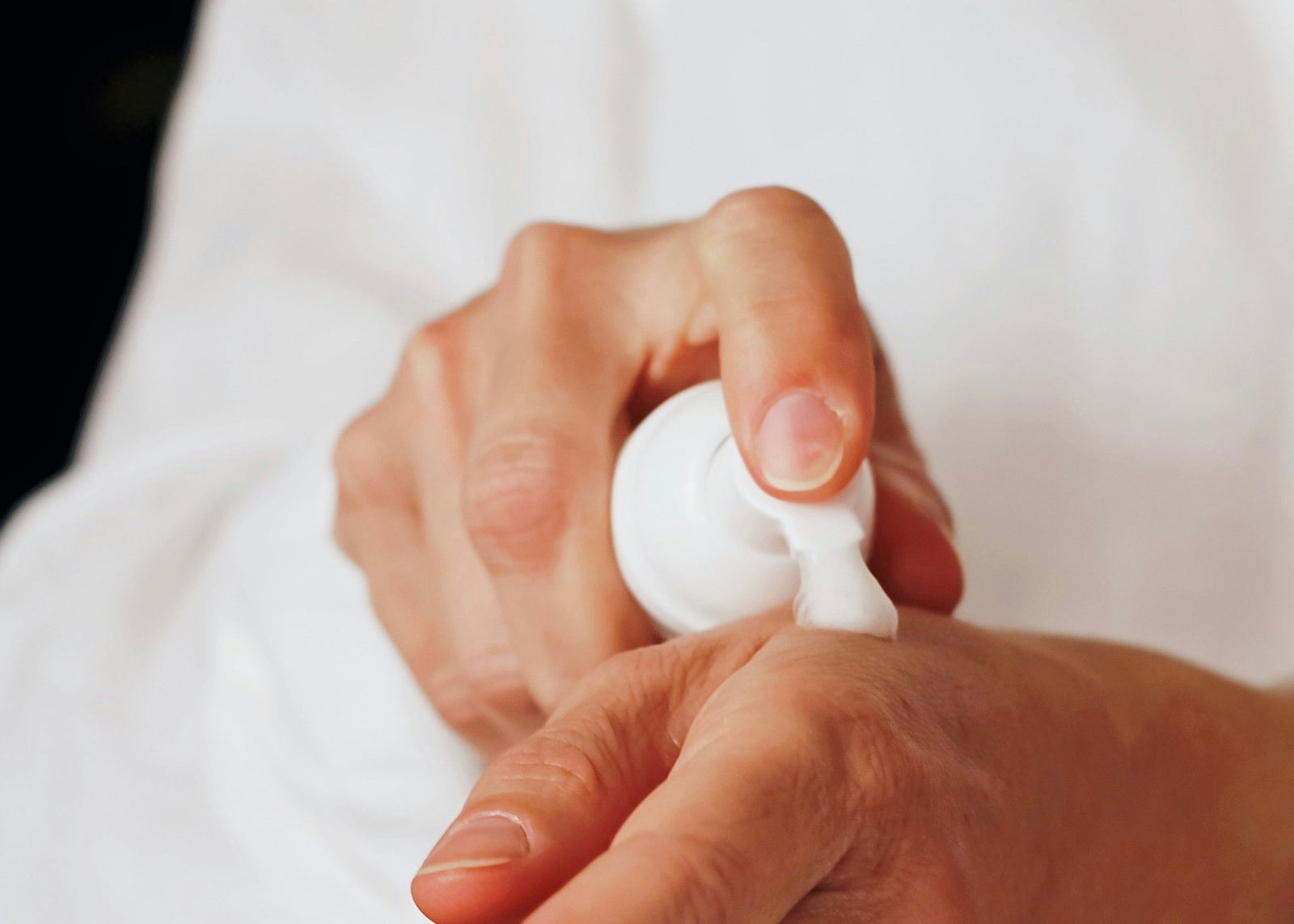
How to Decide When to Use AHA in Your Skincare
Understanding the role of Alpha Hydroxy Acids (AHAs) in skincare can be a game-changer for your beauty routine. These naturally occurring, plant-derived compounds have the power to rejuvenate your skin, leaving it looking fresher and younger. But knowing when to use AHA in your skincare routine can be a bit tricky. Let's break it down together.
What is AHA?
Alpha Hydroxy Acids, or AHAs, are a group of natural acids found in various plants and foods. Some common types of AHAs include glycolic acid, lactic acid, and citric acid. These acids are often used in skincare products due to their ability to exfoliate the skin, stimulate collagen production, and improve skin texture.
AHAs work by breaking down the bonds between dead skin cells, allowing them to be easily removed. This process can help to reveal the fresh, new skin underneath, giving your complexion a brighter, more youthful appearance.
Benefits of Using AHA
Using AHA in your skincare routine can offer a plethora of benefits. Not only can it help to improve the texture and tone of your skin, but it can also help to reduce the appearance of fine lines and wrinkles. Here are some of the key benefits of incorporating AHA into your skincare routine:
- Exfoliation: AHAs are excellent exfoliators. They help to remove dead skin cells, revealing fresher, brighter skin underneath.
- Improved Skin Texture: By promoting cell turnover, AHAs can help to smooth out rough skin texture, leaving your skin feeling soft and smooth.
- Reduced Appearance of Fine Lines and Wrinkles: AHAs stimulate collagen production, which can help to reduce the appearance of fine lines and wrinkles.
- Increased Skin Hydration: Some AHAs, like lactic acid, have humectant properties, meaning they can help to increase your skin's hydration levels.
When to Use AHA in Your Skincare Routine
Knowing when to incorporate AHA into your skincare routine can be a bit tricky. It largely depends on your skin type and your specific skincare concerns. Here are some general guidelines to help you decide when to use AHA:
- If you have dry or rough skin: AHAs are excellent for exfoliating dry, rough skin. They can help to remove dead skin cells and promote cell turnover, leaving your skin feeling soft and smooth.
- If you have mature skin: As we age, our skin's natural exfoliation process slows down. Using AHA can help to stimulate this process, reducing the appearance of fine lines and wrinkles.
- If you have acne-prone skin: While AHAs are not specifically designed to treat acne, they can help to unclog pores and reduce inflammation, which can help to prevent breakouts.
How to Incorporate AHA into Your Skincare Routine
Once you've decided to incorporate AHA into your skincare routine, the next step is to figure out how to do it. Here are some steps to help you get started:
- Choose the Right Product: AHAs are found in a variety of skincare products, from cleansers and toners to serums and creams. Choose a product that fits into your existing skincare routine.
- Start Slow: AHAs can be quite potent, so it's important to start slow. Begin by using the product once or twice a week, and gradually increase the frequency as your skin adjusts.
- Use Sun Protection: AHAs can make your skin more sensitive to the sun, so it's important to use a high-SPF sunscreen whenever you're using AHA products.
Choosing Natural and Sustainable AHA Products
When choosing AHA products, it's important to look for options that are natural and sustainable. Not only are these products better for the environment, but they can also be gentler on your skin.
Look for products that are made with naturally derived AHAs, like those from fruit or milk. These products are often free from harsh chemicals and synthetic ingredients, making them a great choice for those with sensitive skin.
Additionally, try to choose products that come in recyclable packaging. This small step can make a big difference in reducing your environmental impact.
Conclusion
Using AHA in your skincare routine can offer a range of benefits, from improved skin texture to reduced signs of aging. However, it's important to use these products correctly to avoid potential skin irritation. By following the guidelines outlined above, you can safely and effectively incorporate AHA into your skincare routine.
Remember, skincare is a personal journey. What works for one person may not work for another. Always listen to your skin and adjust your routine as needed. Happy skincare!













